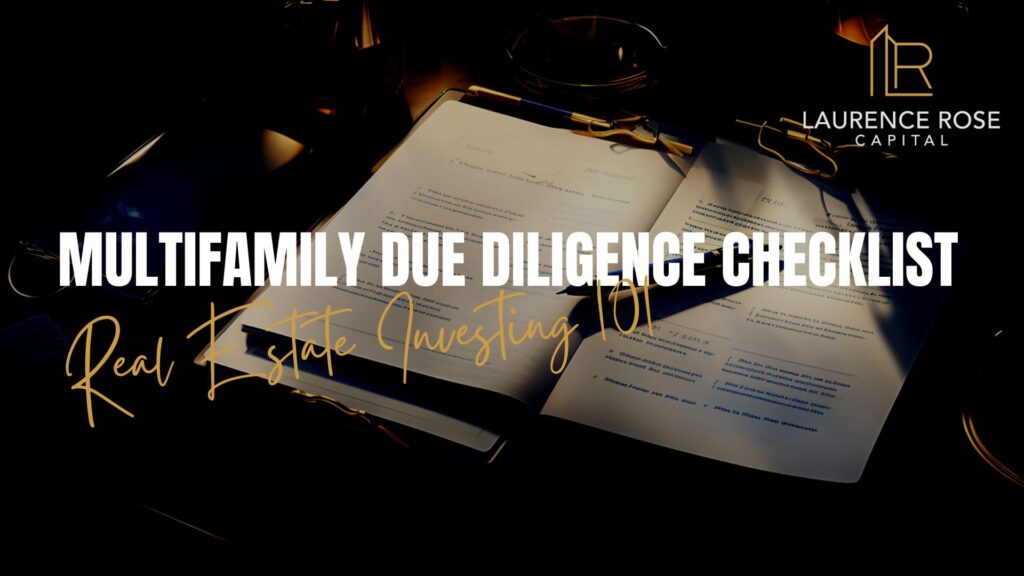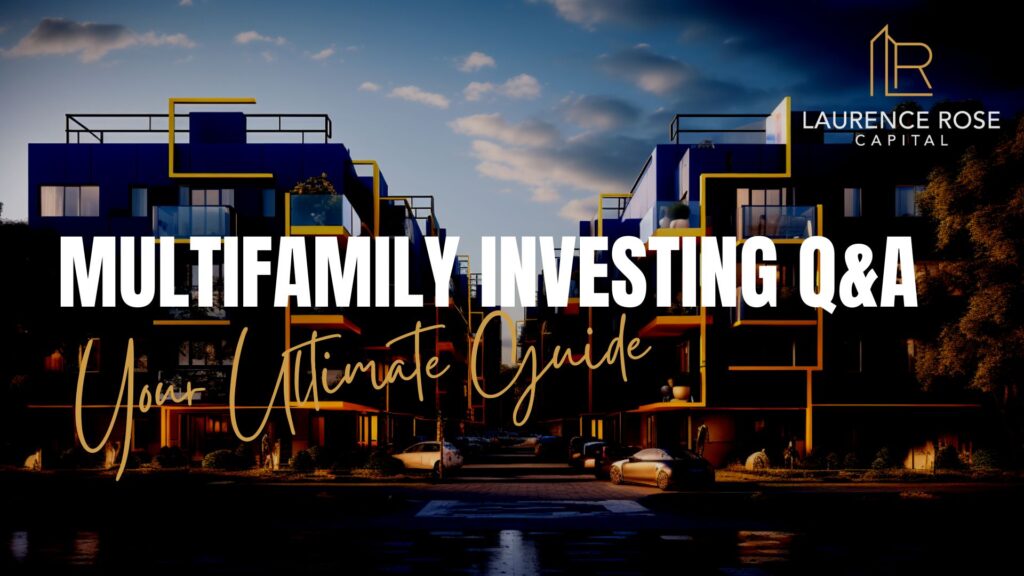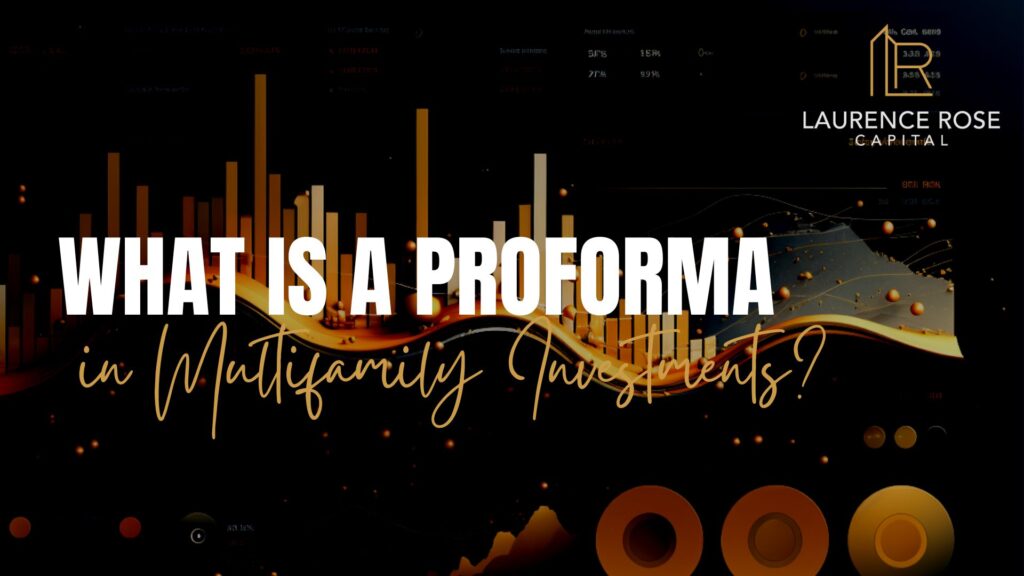Why I Absolutely Love Investing Passively In Real Estate Syndications (And Why You Should Too)
The other day, I got a call from one of my property managers.
“Hey. We’ve got some bad news.”
Uh-oh.
“You know that tenant who was scheduled to be evicted tomorrow? Well, she just stopped up all the sinks, left the water running, and took off. She flooded her unit and the one next door.”
Uh… ???
These kinds of calls are the best, aren’t they?
How I Got Here
My husband and I started investing in real estate right out of college, and I attribute a great deal of the wealth we’ve been able to build over the last decade or so to real estate.
But my goodness. It sure has come with its fair share of headaches. Tenant evictions, mold, flooding, broken toilets/showers/dishwashers/you name it, the list goes on.
We currently have properties in three different markets around the country, and they generate terrific cash flow. We love our property managers, and we’re happy we are able to provide great quality housing for our tenants.
However, and you knew there would be a “however”…
We became landlords in our twenties. We were single, carefree, sleeping in on the weekends, and able to hold full conversations without being interrupted.
Now, with three young girls in the house, our lives are quite different.
Our days are centered around school events, birthday parties, and play dates. Sleeping in on the weekends? Ha! Yeah right.
Because our priorities have shifted, so too has our investing strategy. Whereas before, our focus was primarily on investing in small multifamily rentals that we could fix up and rent out ourselves, our focus now is on partnering with others who can take the reins.
In other words, we’re moving from the world of active investing into the world of passive investing.
There are a number of ways to invest passively in real estate. My favorite? Investing in real estate syndications.
What is a real estate syndication?
In the simplest sense, a syndication is a group investment. A group of investors pools their money to invest in something together. In the case of a real estate syndication, investors come together to invest in commercial real estate assets, like apartment complexes, self-storage buildings, and mobile home parks.
The beauty of a real estate syndication is that you can leverage other people’s time, energy, and expertise.
As a busy Mom, I can use all the leverage I can get.
In a syndication, the sponsors are the active investors, the ones who know the ins and outs of that particular market, who spend time getting to know the real estate brokers, who visit the properties and walk the units, who pore over the due diligence documents, who work with the property managers day-to-day.
As a passive investor in a real estate syndication, I get to partner with a stellar team with a strong track record, invest my money in a great piece of real estate, and get great returns, all while doing next to no work.
Let me say that again, because I think it bears repeating. I get to invest in real estate without having to do any work.
Renovations running behind schedule? Not my problem.
Noise complaints from the tenants in apartment 2B? Not my problem.
Tenant stopped up the sinks and flooded two units? Not my problem.
The sponsor takes care of all of that, and I get a neat little monthly report on the progress and updates.
As a passive investor, I can spend more time with my family and less time dealing with the headaches of being a landlord. #winwin
What’s the catch?
Okay, you’re thinking, this all sounds pretty good. But what’s the catch?
I hate to disappoint you, but there is no catch.
In a real estate syndication, everyone works together, and everyone wins.
Think of a real estate syndication like an airplane ride. The sponsors are the pilots. They do the active work of flying the plane. If a warning light goes off, the pilots deal with it.
The passive investors, on the other hand, are the passengers. They get to enjoy the ride, while reading, watching a movie, or dozing off. They don’t have any responsibilities in making sure the plane gets to the right place safely. They’re just along for the ride.
For their work, the sponsors get a cut of the deal, just as a pilot gets paid for their work in flying the plane. The lion’s share of the returns, though, go to investors, even though they’re doing the mouse’s share of the work (okay, I’m not exactly sure what the opposite of lion’s share is, but you get my point).
In a syndication, just as in an airplane ride, everyone works together and is going to the same place.
Interests are aligned, and everyone wins.
What do returns look like?
Just like when you invest in a rental home, the returns in a real estate syndication can vary, based on the asset, market, and business plan.
What I can tell you though, is that, on average, the deals that I invest in (which are the same deals that we offer to our investors) have a cash-on-cash return of 8 to 10 percent per year and are held for a projected 5 years.
When factoring in the profits from the sale of the asset at the end of the 5 years, the average returns are around 20 percent per year. Not bad, right?
In other words, if you were to invest $100,000 in one of these real estate syndications with us, you could expect around $8,000 per year in cash flow distributions. On top of that, when the asset is sold in year 5, you could expect another, say, $60,000.
In 5 years, you would likely turn your initial $100,000 investment into $200,000. All without lifting a finger or dealing with a single broken toilet.
How to Invest in a Real Estate Syndication
The process to invest in a real estate syndication is a bit different than buying a rental property. For one, you can’t just go up to a broker and ask about a syndication. It doesn’t quite work that way.
Rather, to find real estate syndication opportunities, you need to find sponsors who have deals currently under contract. Often, because of SEC regulations, sponsors cannot publicly advertise their deals, so they can be hard to find unless you know someone who knows someone.
Luckily, now you know someone who knows someone. (Hint: It’s us.)
At Laurence Rose Capital, we specialize in connecting passive investors to experienced sponsors in growing markets. We do the heavy lifting of finding and vetting sponsors and deals. We cherry-pick the best deals in the best markets, and we make them available to our investors.
We’re investors first and foremost. So we’re always looking for deals that we want to invest in ourselves. When a deal meets our strict criteria, we invest our own money into the deal, and we open up the investment opportunity to our investors as well.
What does Laurence Rose Capital get out of it?
We’re in the business of helping people. We’ve seen firsthand the difference that great sponsors and syndications can make to a community. We’ve had tenants thank us profusely for the work we’re doing in turning their communities around.
We’ve also been thanked profusely by investors whom we’re helping to build passive income streams, so they can stop worrying about money and start living the lives they’ve always wanted.
As for how we keep our lights on, that part comes from our partnerships and with the sponsors. We work hard to find great sponsors and great deals. When we find them, we partner up with the sponsors and join the general partnership.
As such, we get a cut of the sponsors’ fees and equity in the deal. That means that, as an investor, you invest your money directly into the deal; you don’t pay us any extra fees.
Ready to learn more?
The best way for you to learn more about real estate syndications, as well as our current, previous, and upcoming deals, is to join the Laurence Rose Capital Family.
Through the Laurence Rose Capital family, you’ll get first looks at all the deals we offer. We’ll work with you to figure out your investing goals and to help you find the best deals to meet those goals. We’ll then walk with you every step of the way as you invest in those deals.
So if you’re ready to be done with the headaches of being a landlord, sign up for the Laurence Rose Family, and get started on your path toward becoming a passive real estate investor.







